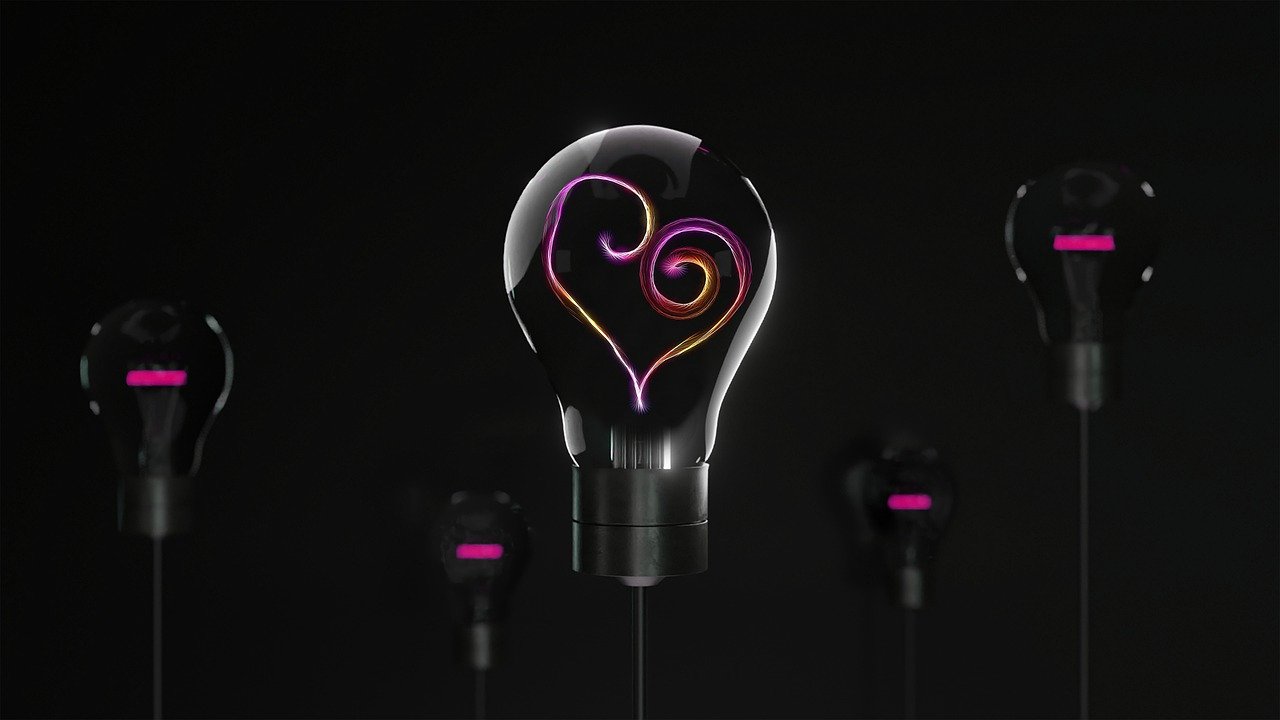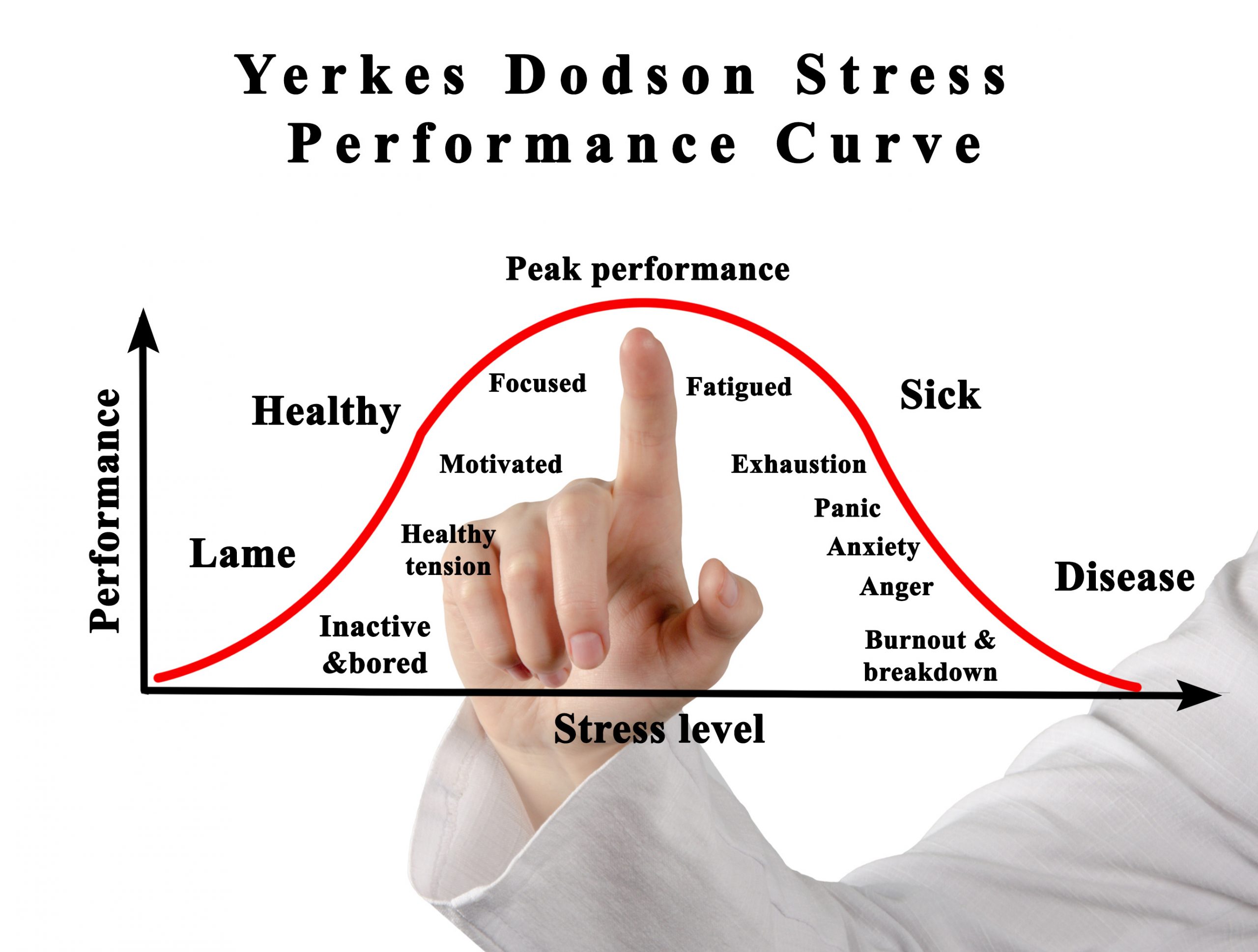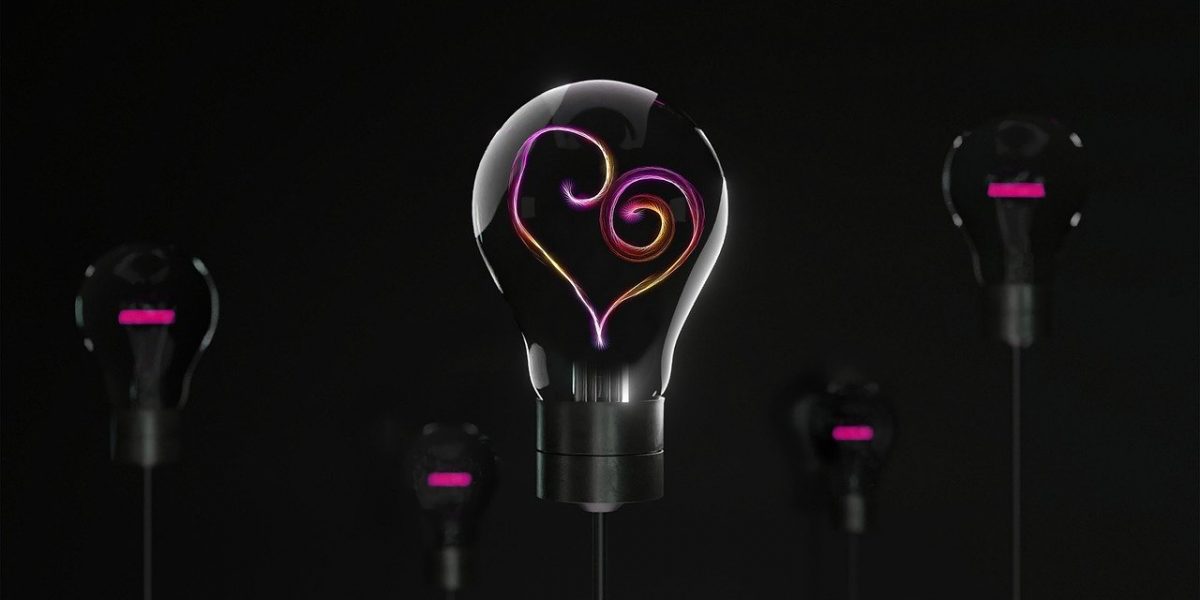
What I learned through experience is avoiding burnout takes skills, not pills or markers for resilience in my DNA.
One of the most complex challenges I’ve faced regarding my resilience is coming back from burnout. One of the most powerful antidotes to avoiding or recovering from burnout is being aware of where you are on the curve above and taking action to get yourself back to a peak performance state.

My first bout with burnout happened when I was in the RCMP, and at the time, I didn’t have the knowledge and skills to realize what I was going through or that I could better manage the impact the working environment was having on my behaviour and health. I thought managing stress was eating right, exercising and getting at least seven hours of sleep per day. Another way I knew to handle something that stressed me out was to learn all I could about it to feel more comfortable dealing with it. Although dedicated to those self-care measures, they weren’t enough. At 26, I went from being a positive, happy-go-lucky person who just wanted to help people to one who was constantly in a state of high vigilance and resigned to perceiving the world as a hostile place. It took less than a year to feel I had very little compassion or empathy for the people I was serving and did not feel that I made a positive difference in their lives. It bothered me greatly when my family remarked that I was irritable and hard to be around. I was becoming a person I didn’t like. Healthwise, I was running so much to deal with the tension & anxiety that I developed a repetitive stress injury in my foot, my digestion patterns were off, and sometimes I had trouble thinking clearly in intense situations. I felt that I was not serving the community where I was posted to the best of my abilities or confident that I could keep my colleagues safe. Instead of asking for help, I decided I’d be better off finding another way to serve the world.
My second round of burnout came when I dealt with some significant challenges (personally & professionally) while working at an underground mining operation as a safety professional. This round of burnout took much longer to manifest than the first one, and I found myself in worse condition healthwise. To solve the problems I was working on, I chose to spend more time at work and set my self-care practices and personal life aside. That decision brought on some of the same symptoms as above and added significant weight loss, hair loss and severe sleep deprivation to the list. It also brought on the breakup of a seven-year relationship. However, I chose to visit a doctor this time, and the doctor told me I was depressed. My reply to that message was, “but doc, I don’t have anything to be depressed about.” This diagnosis was like the “kiss of death” because I grew up in a family riddled with depression. The doctor offered to put me on medication, and I said, “no thanks” because medication never made my family members better; it just gave them more to worry about because they didn’t like all the side effects that came with it. Even though I felt I was at my lowest point, I knew there had to be a way to pull out of this without the help of medication. As mentioned in the previous blog post, my intuition told me that I needed to change the way I think about things.
Following my intuition led me to learn how to leverage positivity as a skill and HeartMath® training, which focuses on building capacity in the mental and emotional domains by re-wiring the baseline physiological responses to stressors. Building capacity in the emotional domain is a key element to resilience because emotions are the primary drivers of our physiology. Our physiology is simply the functioning of all the systems & sub-systems running in the background, keeping us alive and healthy!
A BIG “ah-ha!” moment came when I learned that resilience relies on the interrelated capacity of four domains, the Physical, Mental, Spiritual (aka. core values & beliefs) and Emotional domains. Understanding that building capacity in each domain was a game-changer. It changed the way I thought about depression because I grew up thinking that depression ran in my family, so I’m bound to suffer from it. That misguided belief had me doggedly trying to manage my stress in the physical domain, not even being aware of the role the other three domains had. Learning that I could improve my mental health with a dedicated practice of emotional self-regulation strategies inspired me to try. The beauty I’ve found by adding these skills was that I have more control over my physiological responses to stress than I thought. That empowering discovery and the transformation of my mental health and (that of my family members) inspired me to dedicate my career to sharing HeartMath with people and organizations looking to improve their resilience.
You may be wondering, “what about the spiritual domain?” I can tell you that by drastically reducing the mental and emotional noise in my life, I’ve been able to connect on a deeper level with what matters most to me. Aligning my thoughts and behaviours with what matters most helps me serve my purpose: to share my knowledge, skills, and experiences with others to help them be more resilient to life’s challenges.
What would having the skills to avoid burnout mean to you?
What would having those skills mean to the people around you?
Would it serve you to share these skills with them?
If you’d like to learn these skills or bring them into your organization, jump over to the contact page and reach out to set up a discovery call.


